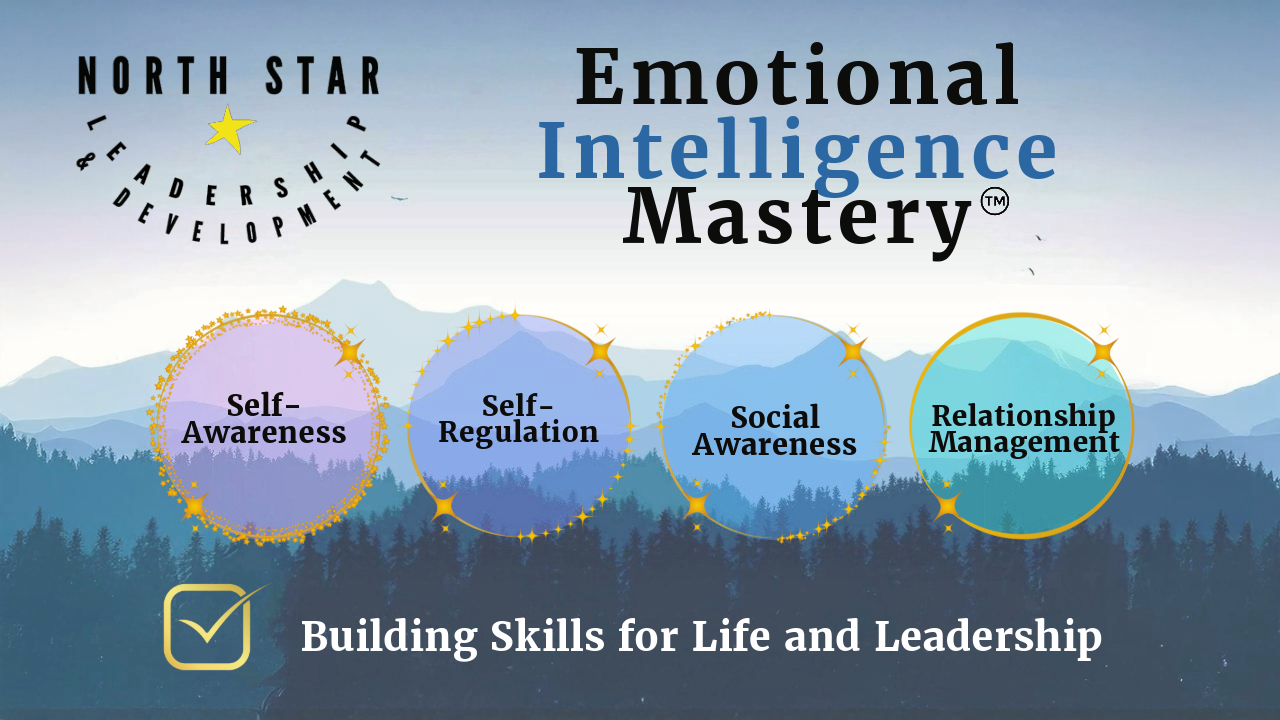
Module 1: An Overview of EI
You don’t need to be an expert in emotional intelligence (EI), to recognize it when it’s missing. Maybe you’ve had a boss who couldn’t manage their emotions, a loved one who struggled to connect, or even found yourself so busy that you pushed your own feelings aside—only to have them surface in unexpected ways. These moments stick with us, shaping not just our experiences, but also the reputation and impact we leave behind. This course is for anyone ready to understand their emotions, lead with intention, and build stronger, more meaningful relationships.
In this self-paced, 1-week introductory online course, you’ll explore the four key components of EI—Self-Awareness, Self-Regulation, Social Awareness, and Relationship Management—and why they matter. Start with a baseline assessment, to identify your strengths and areas for growth. If you want more, add on Modules 2-6 to dive into each component, including practical strategies, guided exercises, and opportunities for meaningful reflection.
With videos, audio insights, and the Emotional Intelligence Mastery Workbook, you’ll gain the tools to apply EI skills in real-world situations. For those seeking additional support, optional coaching is available for help you create and implement a personalized plan for growth.
-
Module 1: An Overview of EI
-
1.1: The Components of EI
Emotional Intelligence is made up of 4 main components. Understanding, recognizing, and making personal connections to these components is the first step in developing emotional intelligence mastery.
-
1.2: The Benefits of EI
Mastering emotional intelligence comes with significant benefits. Understanding, recognizing, and connecting to the positive impacts of emotional intelligence provides a powerful motivator and incentive to develop EI.
-
1.3: The Absence of EI
The absence of emotional intelligence comes with significant disadvantages. Understanding, recognizing, and avoiding the negative impacts from the absence of emotional intelligence provides a path to more effective leadership and stronger relationships.
-
1.4: Assessing Your Baseline EI
Mastering emotional intelligence requires that we know and grow our current level of EI skills. Understanding our baseline levels, and creating specific intentions and goals for our development, allow us to strive for and monitor progress, putting us on the path toward mastery.
-
